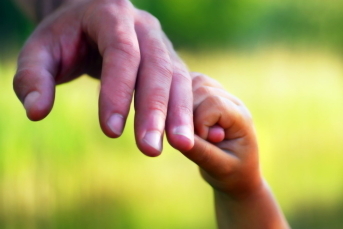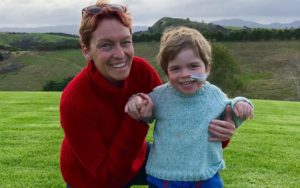“I struggle to make decisions”
“I can’t trust my thinking”
This blog is for people who are somewhat not confident of their spontaneous thinking and feeling.
I am going to write about how a sense of trust is cultivated within us from the perspective of developmental psychology.
How we treat ourselves stems largely from how we were treated by our caregivers.
Our relationships with significant others are fundamental elements of our inner world.
Our early relational experiences with them are woven into our beings.
Developmental theory in Western psychology unravels how children adapt to their caregivers, and how their sense of self are formed as a result.
This is a valuable theory in that it gives us a much deeper understanding of the root of emotional difficulties.
If the parent is emotionally attuned, responsive and consistent to their child’s self-expression, a child will learn that it is OK to feel whatever arises from within.
Parental empathic mirroring and responsiveness nurtures a solid sense of self in the child.
In this way a secure base is developed in earliest life through experiences of being seen, heard and understood.
This will become the foundation of basic trust in self and others.
A fundamental sense of trust also leads to a “foundation for both intimacy and autonomy”.
In my next blog, I will write about what may happen when the child reaches out to his caregiver for comfort and feels ignored, annoyed or punished in return.
Thank you for reading!
Please feel free to contact me!
Email: seikotherapies@gmail.com
Facebook: @seikotherapy
Line ID: @smileseikoxo





